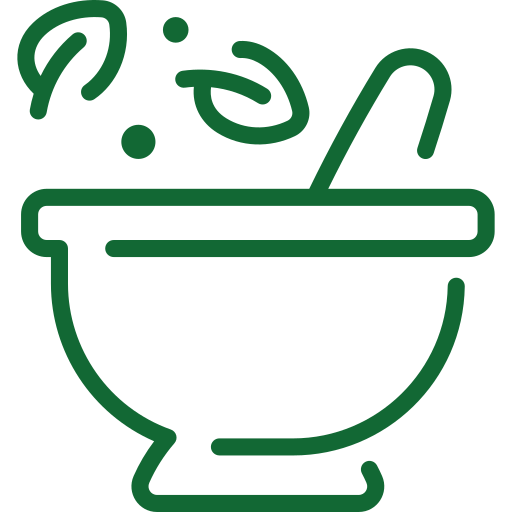Reflux - acidification of the stomach - modern and Ayurvedic view of treatment
Reflux, also known as acid reflux, is a condition where stomach acid and digestive juices leak back into the esophagus, which can cause uncomfortable symptoms. Symptoms of reflux include heartburn, burning in the chest, bad taste in the mouth and frequent feelings of nausea.
Causes of origin
From the point of view of modern medicine, reflux is often caused by a weakening of the inferior sphincter muscle, which controls the flow of stomach acid into the esophagus. In addition, factors such as obesity, excessive consumption of caffeine, alcohol or fatty foods can also contribute.
From the point of view of Ayurvedic medicine, reflux, or acidification of the stomach, is often associated with an imbalance in the digestive fire (Agni) and within the respiratory tract and digestive tract. There are several factors that can contribute to this imbalance from an Ayurvedic perspective:
-
excessive Pitta dosha: in Ayurvedic medicine, stomach acid is considered a manifestation of Pitta dosha, which is responsible for fire and acidity. Excessive accumulation of Pitta can lead to increased production of stomach acid and acidification of the stomach.
-
wrong diet: excessive consumption of acidic, spicy and fatty foods can increase the level of Pitta in the body and promote reflux. In the same way, the consumption of too warm foods and drinks can cause acidification of the stomach.
-
Stress and nervous tension: According to Ayurveda, stress and nervous tension can contribute to the imbalance of the doshas, especially the Pitta dosha. This nervous tension can also affect the digestive fire (Agni) and cause excessive production of stomach acid.
-
Agni disorders: according to Ayurvedic teachings, Agni, the digestive fire, is the basis for a healthy digestive system. If Agni is weakened or disturbed, it can lead to adverse digestive processes, including acidification of the stomach.
From this point of view, it is important to maintain balance in the doshas, avoid excessive stress and nervous tension, and follow a proper diet and lifestyle to avoid imbalances and digestive problems, including reflux. Using appropriate herbs and natural healing methods can also help keep the digestive system in balance and promote overall digestive health.
Recommended herbs
To support the health of the gastrointestinal tract, it is recommended to use herbal preparations that have soothing and cooling effects. Some of these herbs include:
- Amalaki (Emblica officinalis): it is rich in vitamin C and antioxidants that help neutralize excess acidity in the stomach and support the health of the digestive system
- Amalaki (Bilwa (Aegle marmelos): Bilwa has the ability to soothe the irritated mucous membrane of the digestive tract and alleviate the unpleasant symptoms of reflux
- Pitta Shamak (Fumaria indica, Trichosanthes dioica), Vasaka: these herbs have significant cooling and anti-inflammatory properties that help balance excessive acidity and relieve stomach irritation
A suitable combination designed by Dr. by Vikram Chauhan (Amalaki, Pitta Shamak, Vasaka 2 capsules 2x a day of each product)
In addition to using herbal supplements, it is important to follow a balanced diet and lifestyle. Include easily digestible foods in your diet, limit the consumption of caffeine, alcohol and spicy foods. According to Ayurveda, it is also important to engage in relaxation activities such as yoga, meditation and a regular night's sleep to maintain balance in the body and promote overall well-being.



